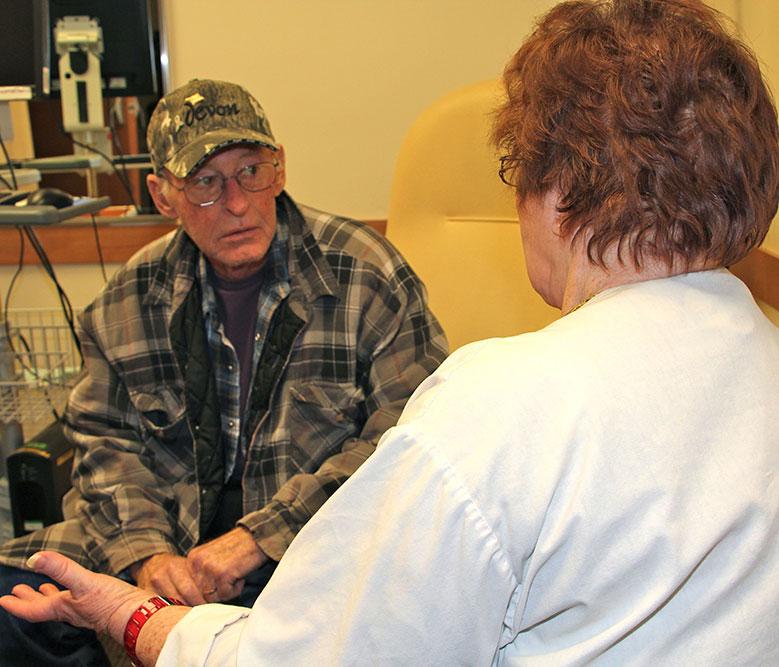When President Obama announced the National Cancer Moonshot Initiative during his State of the Union address in January 2016, he set lofty goals for oncology professionals. One of those goals called for increased access to and participation in clinical trials. Clinical trial data are integral in getting cutting-edge treatments to market, where they can help improve cancer care. However, many patients aren’t fully educated about the efficacy of these new forms of treatment and what these trials entail.
Currently, only 5% of eligible adult patients participate in clinical trials. For some, there’s a negative association with enrollment in clinical trials, possibly because of a lack of education or understanding. Oncology nurses are the most visible, most viable educators for patients with cancer when it comes to dispelling fears about clinical trials. By explaining the details of new trials, nurses can allay patient fears and increase enrollment.
Clinical Trials Nursing 101
Clinical trials are an important part of advancing patient care, and nurses who coordinate clinical trials require a specialized skill set. Learn more through ONS's clinical trials interactive course available now.
Clinical nurses should consider educating patients in the following areas.
- Why the trial is being done
- How long the trial will last
- The kinds of tests and treatments involved
- How the possible risks, side effects, and benefits compare to standard treatment plans
- How patients will know whether the treatment being studied is working for them
- How patients will learn about the results of the trial
Another important area of patient education is the cost of clinical trials, including the cost of travel to receive treatment. Moreover, patients should understand how their daily lives will be affected by enrolling in the clinical trial. Explain office and clinic visits, required testing, and other details that might be different for traditional treatment. As an oncology nurse, it’s important to educate patients on all the choices they have available to them and what those choices entail.
Beyond increasing the percentage of enrolled patients, the Cancer Moonshot is pushing to ensure cancer clinical trials are available to a wider audience as well. Overcoming health disparities such as race, socioeconomic status, and geography will go a long way to expanding clinical trial access for the Cancer Moonshot.
Oncology nurses are leading the charge through education and understanding with their patients. By communicating the details for clinical trials and the potential benefits, oncology nurses will help the Moonshot achieve increased clinical trial participation numbers in the future.






